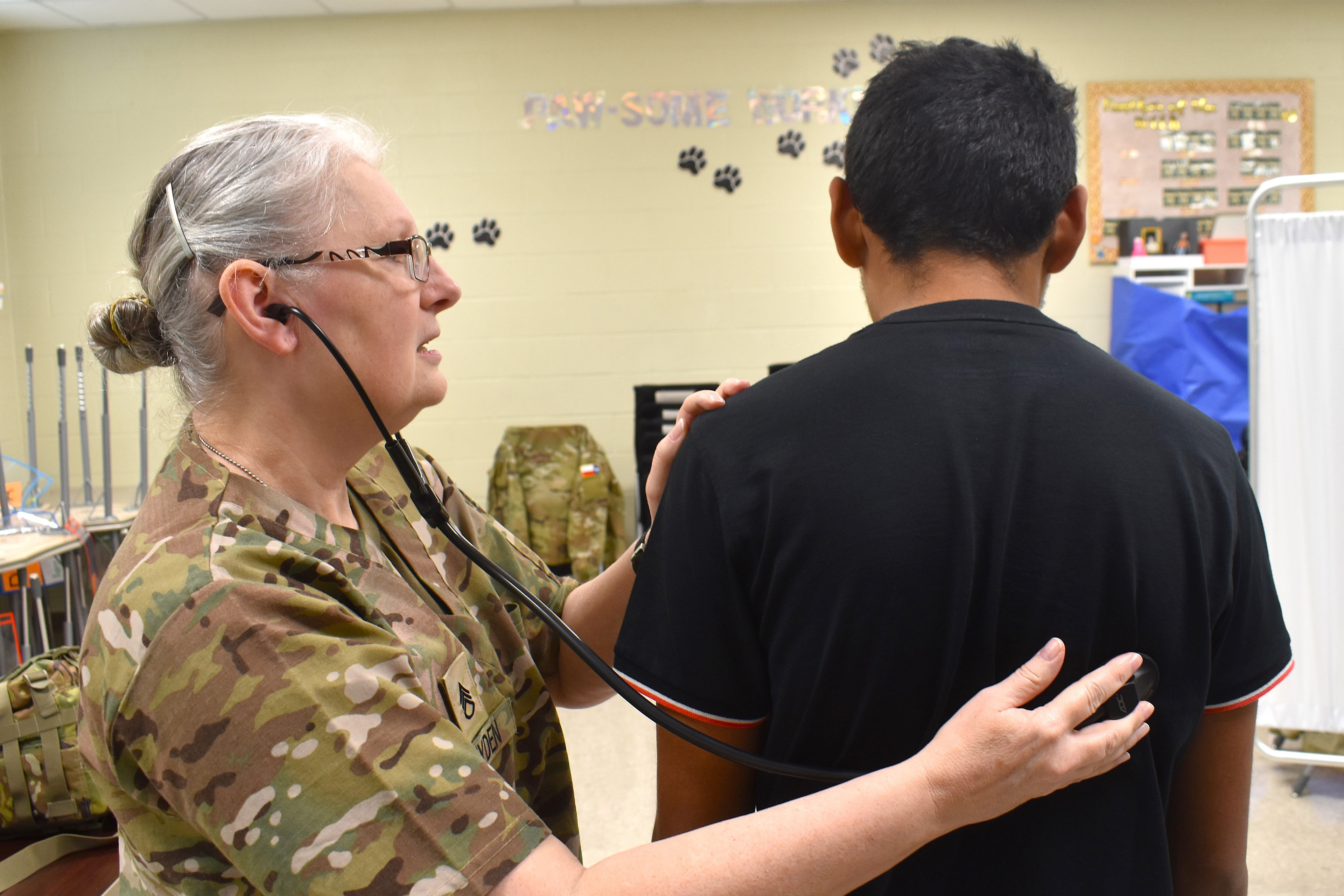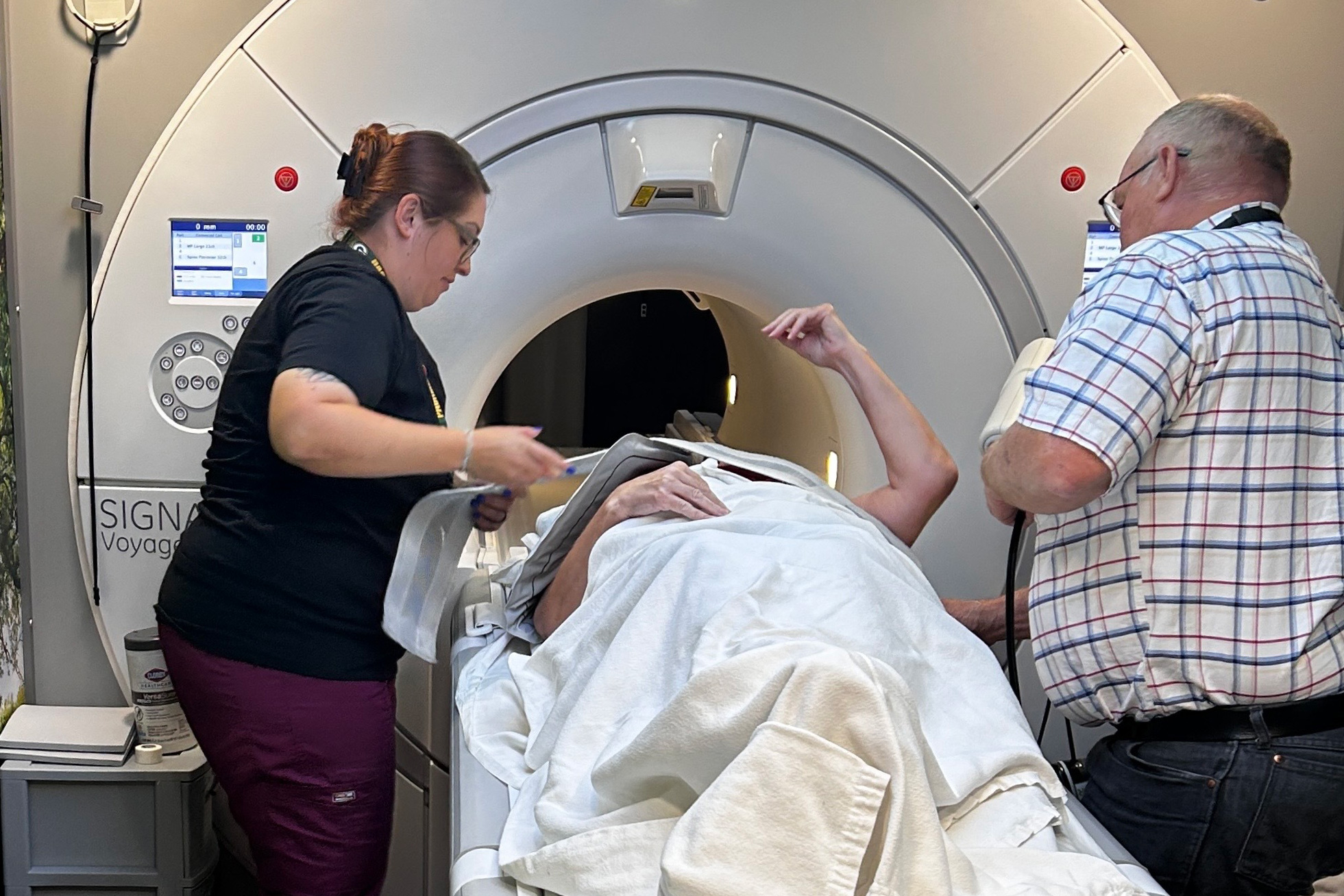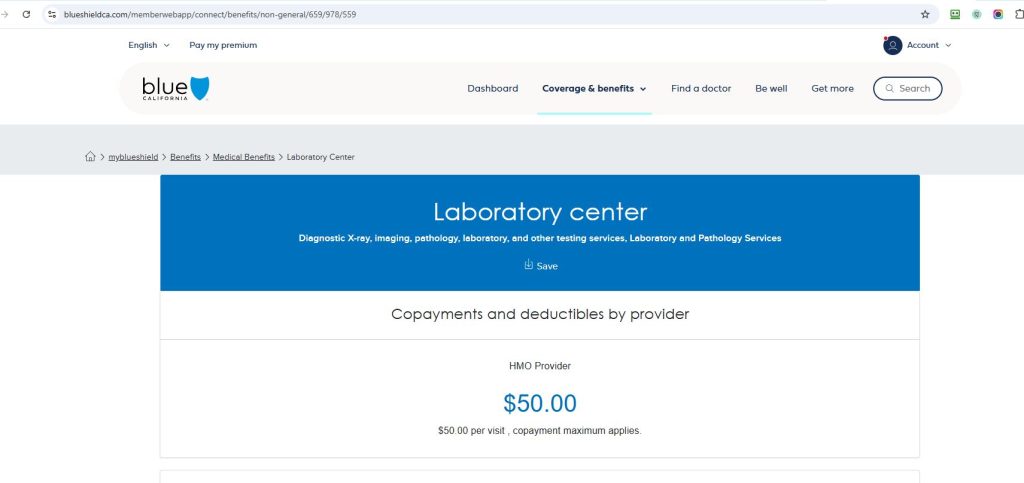During National Minority Mental Health Month, we can never forget the youngest among us, who are more anxious and depressed at earlier ages. Dr. Christine Crawford, NAMI Associate Medical Director, said, “If adults are struggling to find strategies that will help navigate stressful situations, then kids won’t be able to observe some of those strategies. And they lack the tools to navigate this socially and emotionally difficult time.”
Anxiety and Depression Rates Are On the Rise
“What I know to be true also is that rates of anxiety and depression have gone up,” Dr. Crawford, the author of You Are Not Alone: The NAMI Guide to Navigating Your Child’s Mental Health―With Advice from Experts and Wisdom from Real Families.
Children as young as three years old have reported feeling anxious, according to the CDC. Nearly 1 in 5 children ages 3 to 17 (21%) had been diagnosed with a mental, emotional, or behavioral health condition.
According to the journal Trials, reports of depression rates for middle and high school-aged children grew exponentially. “From 2001 to 2017, rates increased among Black boys and girls, 60% and 182%, respectively.”
In the report Ring the Alarm: The Crisis of Black Youth Suicide in America, “Self-reported suicide attempts have increased by 73% for Black male and female adolescents over the past 25 years. Meanwhile, Black adolescents are significantly less likely to receive care for depression—a major risk factor for suicide—with pervasive structural inequities, social determinants of health, stigma, and mistrust of healthcare providers creating daunting barriers to treatment.”
Black Children as Young as Five are Attempting Suicide
Dr. Crawford noted that overall, in our community, there is an alarming rate of suicide, suicidal behavior that’s happening in kids, and much younger kids. “We’re doing a lot more research that includes kids as young as five, when historically, we would research suicide and suicidal behavior, we would think about an older population,” the child psychiatrist explained.
“But what we know to be true is that black kids between the ages of five and 12 are two times more likely to attempt and complete suicide, and so kids are struggling, and there’s a lack of good quality mental health supports in the community.”
What Should Parents Do?
If you suspect that your child may be having mental health challenges. Dr. Crawford suggests the following:
Look for Changes in Their Patterns
- eating habits
- sleep cycles
- when they wake up
- energy levels
“Whether it’s in their sleeping habits, energy level, ability to focus and concentrate, or changes in their appetite. That is a signal that something might be different, because that gives you a sense as to how they are functioning from a physical standpoint.”
- How are they performing in school?
- Is there a change in their interaction with friends?
“If your child has been earning A’s and B’s and is now earning C’s. Getting up late or not attending school; that’s a change in their pattern of behavior,” Dr. Crawford said.
“The same applies to how they interact with their friends. If they used to hang out at Susie’s house every Friday, but now you’re noticing they’re not going out as often.
Parents, if you do notice changes in your child, Dr. Crawford suggests speaking to them from one specific vantage point. “I tell parents to approach their kid from a place of curiosity and explore with their kid the changes in behavior that you’ve noticed,” she said.
“It’s easier to talk about specific behaviors than to approach someone and be like ‘you’re depressed, what’s going on?’ Why are you looking all down? But when you can engage in specific, you know, conversations around particular behaviors, it can make it easier for the kid to give you an answer.”
We Can’t Afford to Ignore our Children’s Mental Health Anymore
Dr. Crawford shared a sobering statistic: “50% of mental health symptoms occur before age 14, and 75% before the age of 24.”
Some parents may have some hesitation about putting their children on prescription drugs. However, she urges them to consider it from a different perspective.
“People die from these conditions in the same way that someone would die from not having their heart issue treated. It’s the same thing,” she said.
“I try to encourage parents to think about it in that same way., because for the parents, there seems to be a lot of guilt. But would be doing all of that with asthma, no, you want to be doing all of that with a seizure disorder? So why do we feel the need to do that when it comes to major depressive disorder or anxiety?”
We Need to Be Open About Our Positive Mental Health Experiences
“When it comes to mental health, you always hear about the downsides of medication over-prescribing, over-diagnosing, and that you rarely hear about the positive aspects, especially in the black community,” Dr Crawford remarked. “We need to be more open and honest about the treatment that we’ve received for our mental health, and to talk about what it was like to be in therapy. A lot of our families don’t have that knowledge base dealing with the mental health system.”



















 English (US) ·
English (US) ·